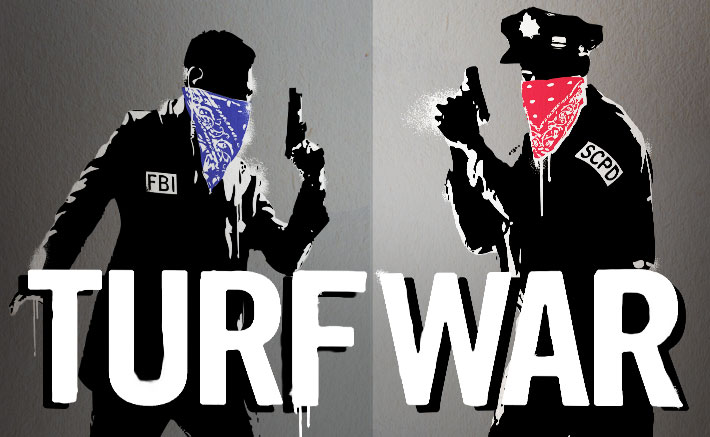
It was Sunday, shortly before daybreak, last Labor Day eve when three gunshots pierced the peaceful morning quiet on the Poospatuck Indian Reservation in Mastic.
One of the bullets struck a 23-year-old security guard in the abdomen, toppling him to the ground outside one of many tobacco shops dotting “The Rez,” as locals call it.
The attack was caught on video by a nearby surveillance camera, revealing the grainy image of a man in a white t-shirt standing alongside a black automobile as the triggerman. The victim was left, slumped over, bleeding into the ground.
Two months later, three masked gunmen robbed another smoke shop on the 56-acre reservation along the Forge River, home to the Unkechaug Indian Nation.
The violent outbursts were rare for the typically tranquil narrow streets bustling with shoppers and orange flag-waving men hawking cheap cigarettes. Most action on Poospatuck is the constant parade of tobacco seekers patronizing the rows of Native American-run smoke shops for low-cost cigarettes. In modest houses, bungalows and mobile homes surrounding the two-block strip, working-class families go about their daily life on Poospatuck same as their neighbors outside the territory—except for a heightened distrust of outsiders that sometimes seems to stretch back to colonial times.
Without a court system or police department of their own, the Unkechaug tribe relies on Suffolk authorities to investigate crimes committed on its reservation. But relations with outside law enforcement, never smooth to begin with, have been strained by an ongoing battle with the state over the collection of sales taxes, which threatens to put this impoverished tribe’s livelihood in jeopardy. So besides the struggle for its right to exist, the tribe’s sovereignty and its economy all come to the forefront of the issues facing the Unkechaugs, practically every day. Embattled from the outside, they now found themselves in the thick of a fight from within, made harder because trust has to be earned.
“Something was amiss, we just didn’t know what,” Suffolk County District Attorney Tom Spota tells the Press.
The situation became clearer once the security guard recovered, however; identifying his assailants and giving investigators an inside look at the crisis facing the tribe: Long Island’s gang problem had bled onto The Rez. The alleged shooter and his getaway driver were members of a particularly violent Bellport-based subset of the nationally recognized gang, The Bloods. The crew had taken over a smoke shop called Indian Creek and converted it into a front for drug dealing—a sequence of events Spota characterizes as unprecedented.
“It’s the first time that we actually saw evidence of a street gang infiltrating a reservation,” Spota says. According to the district attorney, the cigarettes were secondary. “This group here was into violence, drugs.”





